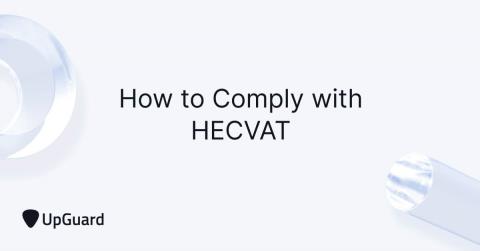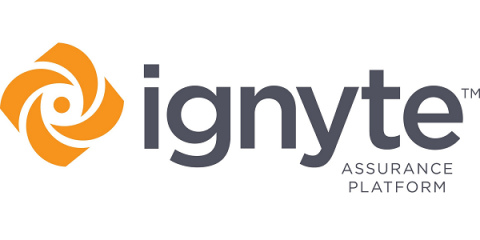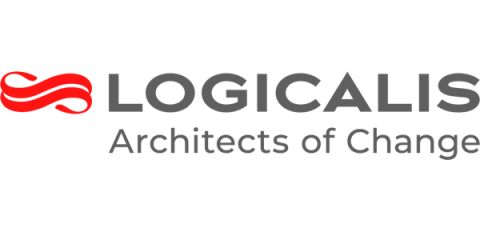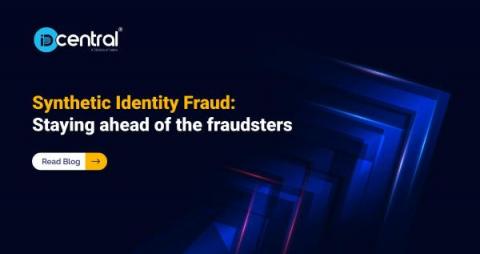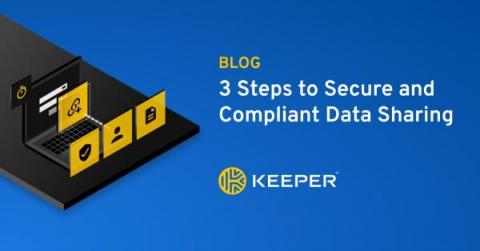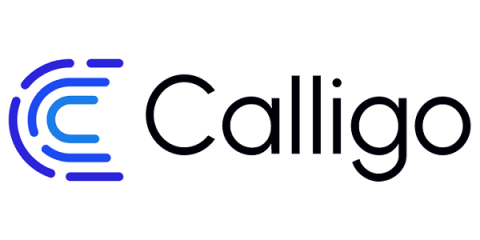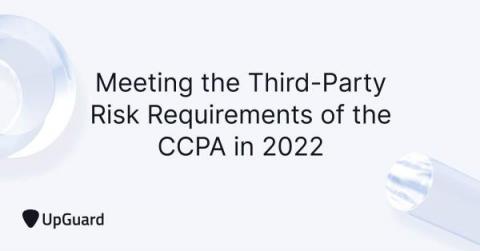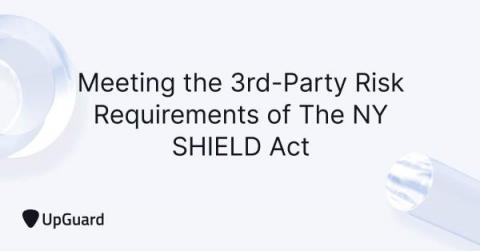How to Comply with HECVAT in 2022
The Higher Education Community Vendor Assessment Toolkit (HECVAT) helps higher education mitigate the impact of security risks of vendor relationships offering cloud-based services. With supply chain attacks on the rise, and vendor risks ranking in the top three initial attack vectors for data breaches, HECVAT compliance is becoming a mandatory requirement for partnering with higher education institutions.


